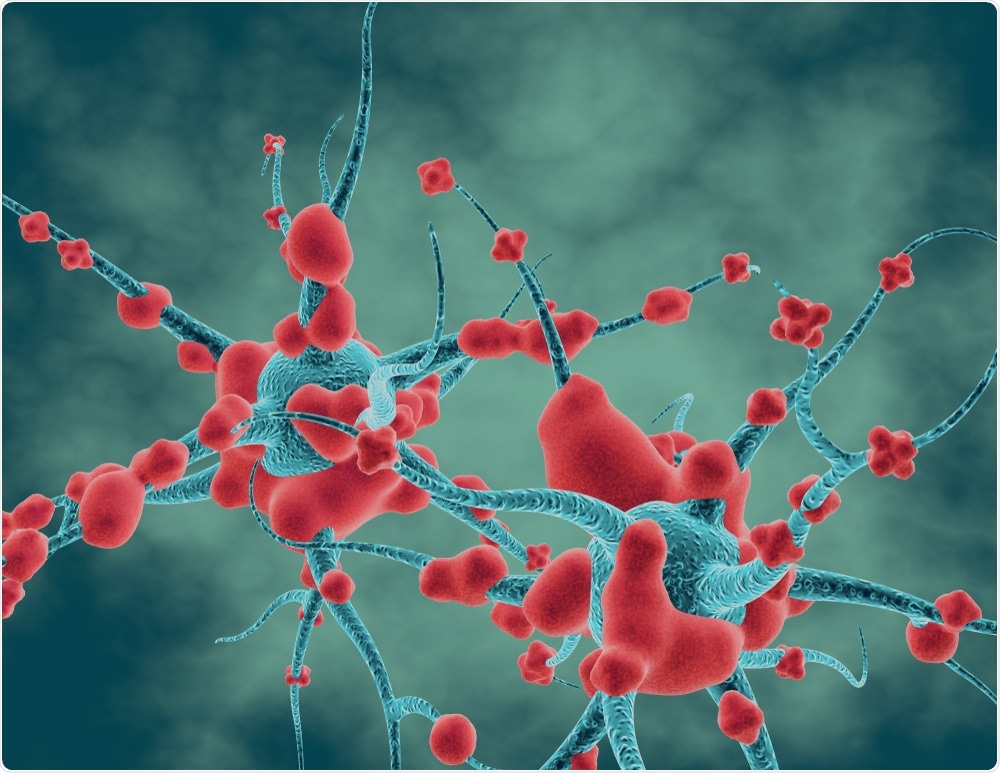A team at the Icahn School of Medicine at Mount Sinai have developed a series of novel fluorescence‐assisted cell sorting (FACS) protocols that enable isolation of neural progenitors, astrocytes, and neurons from virus‐infected cerebral organoids, for downstream multi-omics analysis.
This work provides a solution to the challenge of developing assays that return meaningful data from complex in vitro organoid models, as the ability to sort homogenous cell populations from a heterogeneous system underpins the basis of assay development. The team have validated the translatability of their technique by demonstrating the amenability of isolated cell populations to downstream epigenetic and gene expression assays.
 Illustration Forest | Shutterstock
Illustration Forest | Shutterstock
The use of simplified miniature organs grown in vitro, called organoids, has provided an excellent model system to study human disease and organ development. The three-dimensional nature of organoids provides the closest mimic of in vivo conditions, and as such, allows researchers to explore organ development and model complex human disorders.
Brain development and disorders are emerging threads of both developmental biology and regenerative medicine and brain organoids are therefore the organoid system of focus. Brain organoids also enable researchers to determine the impact of viral infections on brain development.
Of notable interest is the Zika virus, particularly as a causal link between prenatal Zika virus infection and congenital microcephaly has been established. Until recently, the use of organoids in the study of viral infections or treatments has been limited by their poor amenability to downstream multi-omics analysis – particularly as the heterogeneous cell populations that comprise the organ are notoriously difficult to separate.
Three protocols, one goal
Led by Professor Sylvie Janssens, the team developed three protocols for the FACS based identification and isolation of specific neuronal cell populations from virus-infected cerebral organoids.
The first describes the generation of a two-dimensional (2D) culture that is highly optimized for viral infection. To achieve this, the team cultured human Embryonic Stem Cells (hESCs) on Matrigel over 12-weeks and collected and dissociated the resultant cerebral organoids. These were plated and left to establish cellular interactions for the generation of 2D cerebral organoid culture. To test the success of viral infection, Zika virus infected cerebral organoids were visual
The second protocol developed by Janssens et al. outlines the preparation of Zika virus stocks, infection of cerebral organoid cultures and their subsequent preparation for FACS. Viral stocks were grown, and the appropriate serial dilution required for optimal viral titer (plaque forming units (pfu) of virus used for infection) was determined by plaque assay.
The appropriate amount of virus was subsequently used to infect cerebral organoid cultures; cells were left for 72 hours following infection. To prepare cells for FACS, the team carried out immunostaining of via fluorophore‐conjugated antibodies for cell surface markers. To determine the success of viral infection cells were also stained with a fluorophore-conjugated antibody against ZIKV.
In their final protocol, the team outlines how to set the parameters and gates for optimized separation of cerebral organoid–derived cells by cell type, as inferred by fluorescent labelling. Their protocol includes a six‐color cell sorting approach for precise functional characterization of cells. This included the determination of the optimal settings required to generate the forward and side scatter.
Following the optimization of FACS operation, Janssens and colleagues outline cell sorting methods; firstly, sorting of infected cells based on fluorophore-labelled antibody binding to the Zika virus, followed by application of a gating scheme to isolate astrocyte, neural progenitor cells and neurons. Cells were then processed for downstream applications – particularly in the multi-omics analysis.
Expanding the potential for downstream analyses
The universality of the protocol was demonstrated by the team; the use of a single‐cycle HIV lentiviral reporter virus exemplified the extension of the protocol to include other viruses capable of human neuronal cell infection.
This single-cycle lentiviral vector expressing a GFP reporter gene was combined with the vesicular stomatitis virus (VSV‐G) envelope glycoprotein to generate a viral pseudotype. The team then infected the organoid culture with the lentiviral reporter virus and sorted the cells using the flow cytometer settings and gating strategy outlined in their second protocol.
Janssens and colleagues project that their FACS-based protocol will enable a comprehensive analysis of defined cell types in complex multicellular organoids, which have provided precise recapitulation of the in vivo environment.
FACS over microscopy‐based cell identification not only reduces output quantification errors, but also expands choices for downstream analyses of the identified cell.”
Sylvie Janssens, Lead Researcher
Acknowledgments
This work was supported by the Huffington Foundation (T.P.Z.), NIH grants (NIH/NIAID U19AI118610 and R21AI129486 to A. G.‐S. and R21 AI125236 to V. S.), and the Belgian American Educational Foundation (fellowships to S. J. and M. S.). The authors declare no competing financial interests.
Journal reference:
Janssens et al. (2019) FACS‐Mediated Isolation of Neuronal Cell Populations From Virus‐Infected Human Embryonic Stem Cell–Derived Cerebral Organoid Cultures. Current Protocols in Stem Cell Biology. https://doi.org/10.1002/cpsc.65